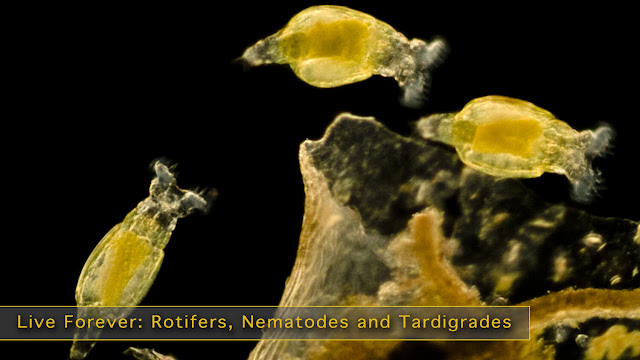SCIENCE SOURCE NEWS: Brought to you by Science Source, your source for stock science and photography, medical illustration, and video.
Rotifers, Nematodes and Tardigrades Stock Microscopic Photography
Roti fers (Philodina sp.), Light Micrograph The bdelloid rotifer, found in freshwater habitats all over the world, is able to withstand ex...

-
The idea of bacteria creeping through your body might be less than appetizing. We often associate the presence of bacteria in our bod...
-
Roti fers (Philodina sp.), Light Micrograph The bdelloid rotifer, found in freshwater habitats all over the world, is able to withstand ex...
-
s it a twig or an insect? A harmless moth or a scary owl? Animals have amazing tricks up their sleeves to protect themselves, take adva...





No comments:
Post a Comment